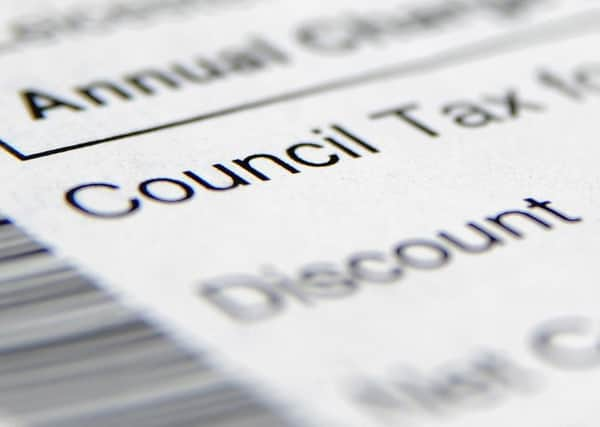Happy New Year - your council tax is going up!


It is likely many but not all parish, town, district and county councils will be unable to avoid an increase in their share of council tax bills.
Lincolnshire Police also look set to raise additional funding from tax-payers.
Advertisement
Advertisement
Although councils are still finalising details, there is speculation the bill for an average ‘Band D’ property could increase by more than £80 in Lincolnshire .
Larger authorities have been hit by more cuts in Government funding.
With inflation running at more than three per cent and prices rising across the board, a hike in council tax is probably the last thing families will want to hear in the New Year.
At the same time, authorities admit they could be forced to cut even frontline services in a bid to balance the books.
Advertisement
Advertisement
The largest share of tax bills is made up by county and district ‘levies.’
Locally, the percentage increase Lincolnshire County Council and East Lindsey District Council can impose is capped by Government legislation.
The County Council can add an additional increase - provided that relates to funding for social care.
The County Council has already confirmed it plans to raise its share of bills by the maximum figure allowed (around 5.9 per cent) which includes the figure for social care. It is expected ELDC will follow suit although the increase will be lower than county.
’Capping’ does not apply to town and parish councils.
Advertisement
Advertisement
For example, last year Mablethorpe’s town council increase was one of the highest in the county - 37 per cent, or a rise of almost £25 - -with councillors saying they were forced to raise extra revenue to take on more responsibilities handed down from county and district level.
Horncastle had an increase of 20.43 per cent, which added an extra £9.70 to the town council’s share bills for a Band D property.
In Louth, the rise in the town council’s share of a Band D property’s council tax was much lower, at just 4.7 per cent per household - just a four pence increase per week.
However, the smallness of this increase was largely down to the town council choosing not to take on amenity grass cutting - at an estimated annual cost of around £20,000 - following the County Council’s funding for amenity grass cutting being reduced to zero by central government.
Advertisement
Advertisement
As for cuts, the spotlight could fall on social care, leisure, education, and transport - with the County Council looking to make savings of £22m. The authority will use £30m of reserves to off-set more austere cuts.